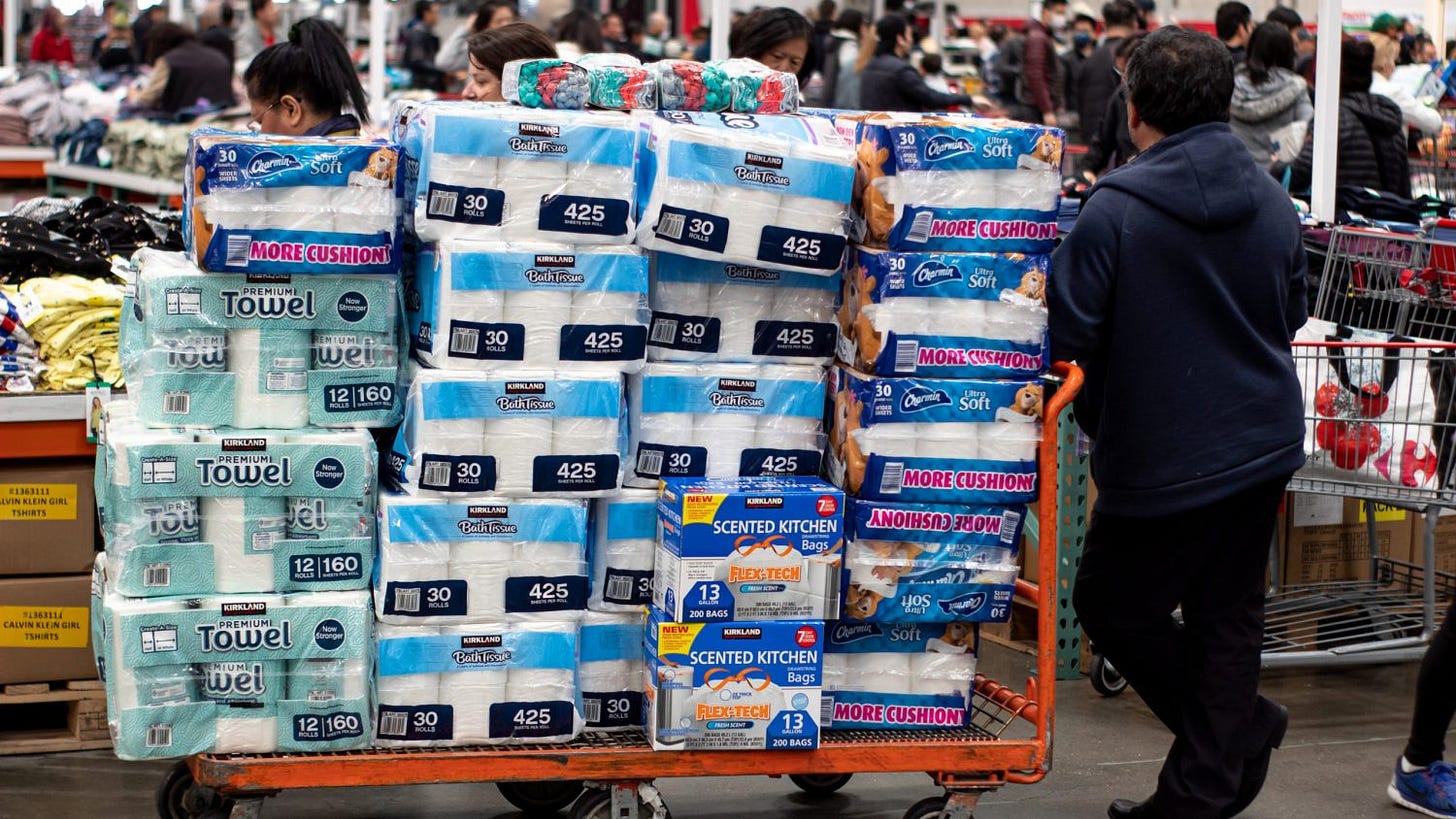The Key to Making Cheaper Toilet Paper Is Better Trucks
About a month and a half ago, I had the chance to catch up with Philip from Oway a trucking startup I invested in out in San Francisco. Philip and I were in the same Y Combinator batch, we became pretty good friends, and I ended up backing his company.
What Oway does is actually pretty clever. It's a trucking company, but instead of owning the whole logistics chain, it uses extra space in trucks and sells that space at a discount. Think of it like ride-sharing, but for freight. It's a supply-and-demand marketplace—pretty standard in theory—but when you look at how it plays out in practice, especially for certain goods, it gets interesting.
One of the things I learned in my chat with Philip is that, for some products, the majority of the cost isn’t in the product itself. It’s in the transportation. Paper products are a prime example. Toilet paper, paper towels—these things are basically air. They’re super light but take up a ton of space in a truck. So when you're moving a pallet of toilet paper, you're not maxing out the weight limit—you’re maxing out the volume.
And what ends up happening is that manufacturers have to centralize production. But because the goods are so bulky and inefficient to move, the majority of what you pay at the store is actually the cost of getting those products from the factory to the shelf. That’s why a lot of paper product production is done regionally—because shipping them across the country just doesn’t make economic sense.
So that got me thinking: how would you build a better paper product company? Like, say you wanted to go build a better version of Bounty. What would that even look like?
It turns out, the answer isn’t in the paper. It’s in the trucks.
If you could invent or engineer a better mode of transportation—one that’s optimized for light, low-density goods like paper towels—you could completely change the economics of the business. You could ship from a central location, or even multiple micro-hubs, way more cheaply. And suddenly you have a huge advantage. Not because your paper towels are better, but because your trucks are.
That’s not the kind of thing most people think about. When we think innovation, we think product design, or marketing, or pricing strategy. But in cases like this, the breakthrough doesn’t come from the thing itself. It comes from some second-order cost—the stuff we usually treat as background noise. Like fuel efficiency, or how many boxes you can cram into a container.
I don’t think this is just true for toilet paper. I think there are tons of industries—big, old, slow-moving industries—where the real unlock is buried somewhere in the infrastructure. And if you can solve for that, you don’t just make a better version of the thing. You end up with an entirely new kind of business.



I wonder how many industries could benefit from being distributed, smaller volume per location. I think machining could be an interesting one. There are a ton of shops with legacy clients but aging ownership and thought it would be interesting for a sendcutsend to buy them, train leadership or implant leadership to modernize production lines and reduce shipping costs.